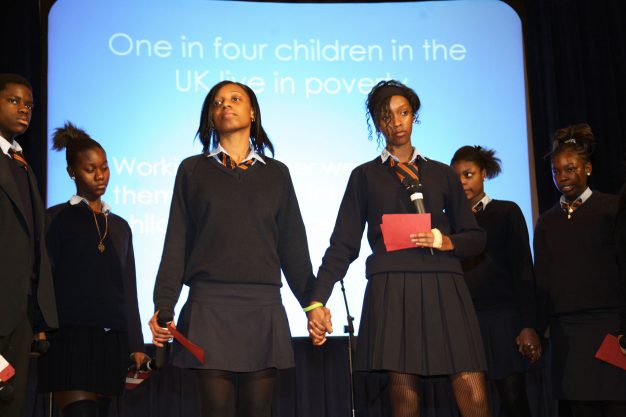
Eurochild report highlights child poverty
Eurochild’s assessment of the 2016 European Semester asserts that there has been little attention given by either the 2016 National Reform Programmes or the Country-Specific Recommendations to breaking the poverty cycle.
“Child-centred policy makes sense for economic growth”
Jana Hainsworth, Eurochild’s Secretary General said, on the report’s release, “Child-centred policy makes sense both for social inclusion and long-term sustainable economic growth. By giving visibility to children, the European Semester can help build more resilient communities, societies and economies.”
In the Annual Growth Survey, released earlier this month by the European Commission to pave the way for the 2017 European Semester, Eurochild sees potential scope for greater attention to social priorities, albeit mainly through the lens of improving labour market participation. “We welcome the reminders to EU Member States that welfare systems need to be anchored in strong social standards, and that promoting work-life balance and addressing discrimination contribute not just to social fairness but also to growth”, added Ms. Hainsworth.

Eurochild members report some progress in the use of the European Commission Recommendation on Investing in Children (2013), compared to the previous annual cycle. The report also assesses civil society engagement in the Semester process, which received varied responses, with only 4 members indicating an active engagement in the last year.
Breaking the cycle of disadvantage
Eurochild’s report brings together the assessments of 28 contributors from 20 EU Member States. They looked at the extent to which the European Commission ‘Recommendation on Investing in Children: Breaking the cycle of disadvantage’ (2013) has been implemented in their country and whether the European Semester process is helping or hindering the achievement of positive outcomes for children.
Read the full 2016 Eurochild Report on the European Semester’ and discover the ‘wishlist’ for children in Europe here
Read more about the European Semester here
(Report adapted from Eurochild)
Photo: cooperniall




